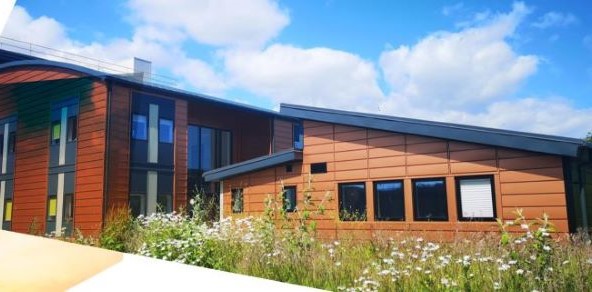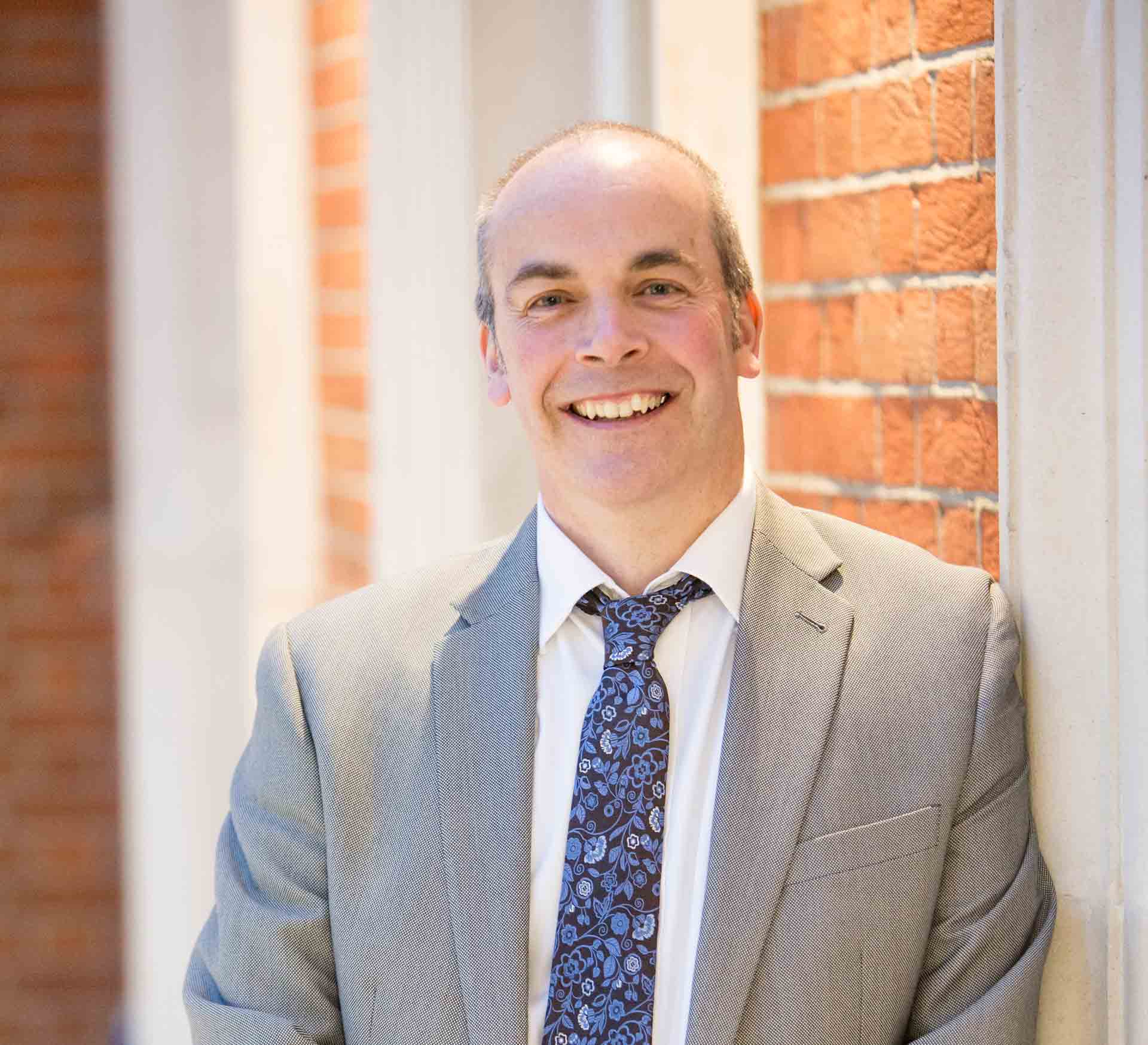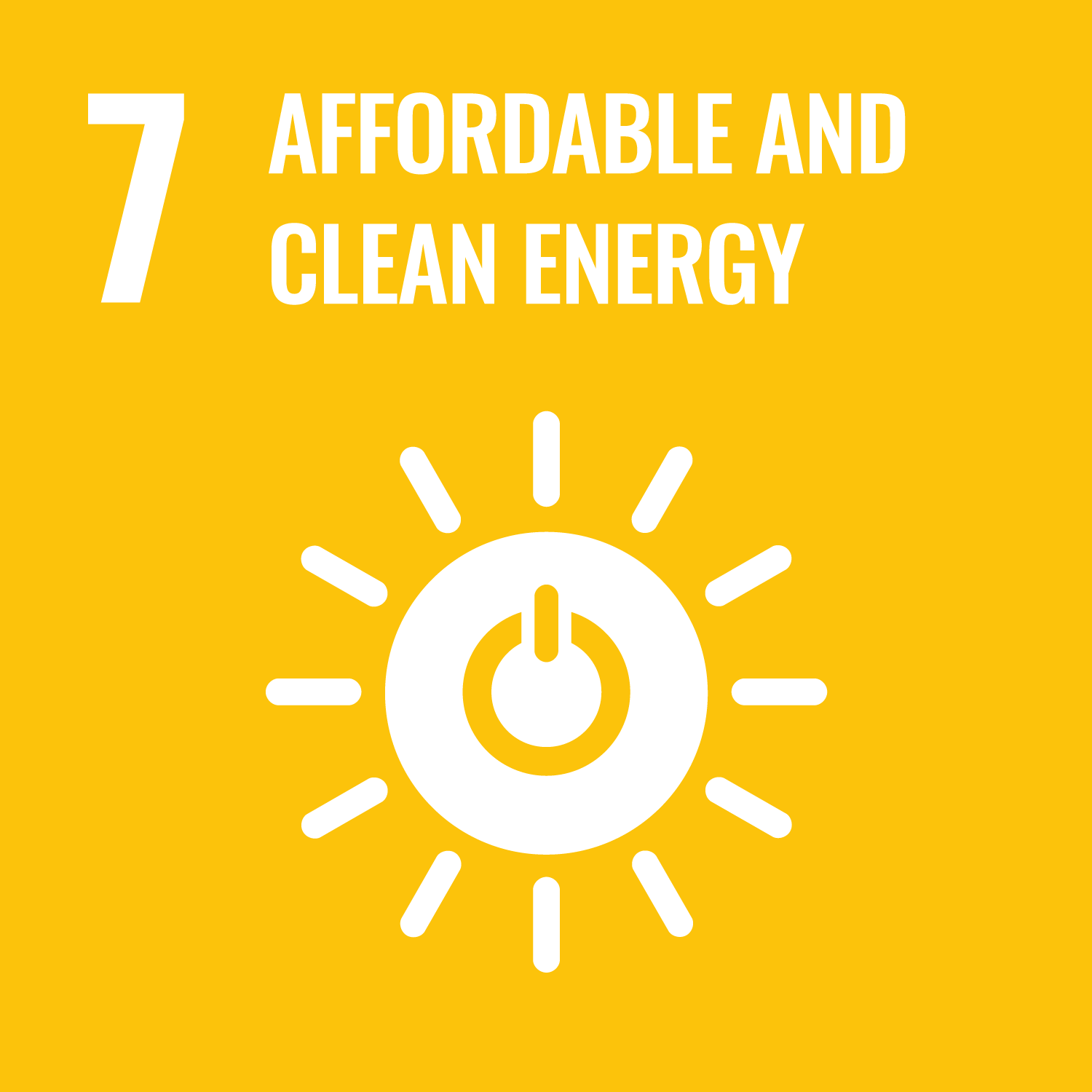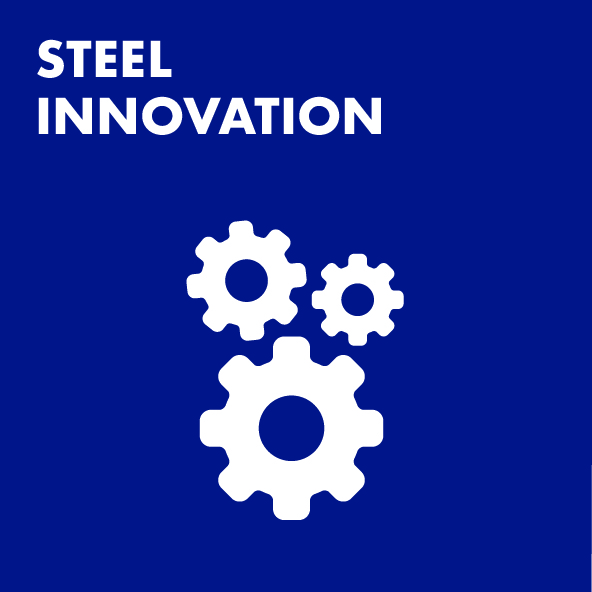The Challenge
The world faces an energy challenge: how do we meet growing demand for electricity and heat in a way that is low carbon, affordable and reliable?
Buildings account for about 40% of the UK’s energy consumption and 40% of our greenhouse gas emissions. To solve the energy crisis and tackle climate change, radical change in building design is needed.
Steel is one material that is widely used in construction. The UK steel industry’s fluctuating fortunes have been widely reported in recent years.
The development of efficient, low cost solar technologies could help to reduce emissions, reduce energy cost and provide new business opportunities for the materials and construction industries.
Swansea University and its partners, including Tata Steel, have played a crucial role over the past 20 years as part of the research infrastructure supporting the steel industry across South Wales. Steel is at the heart of the Swansea University-led SPECIFIC Innovation and Knowledge Centre project, pioneers of Active Buildings.
Researchers on the project, including Professor Dave Worsley are behind the UK’s first energy positive classroom, which generates, stores and releases its own solar energy. The Active Classroom showcases the work being undertaken at SPECIFIC and has been used to demonstrate Swansea University’s solar research capabilities, in terms of up-scaling research from laboratories into the construction industry.











